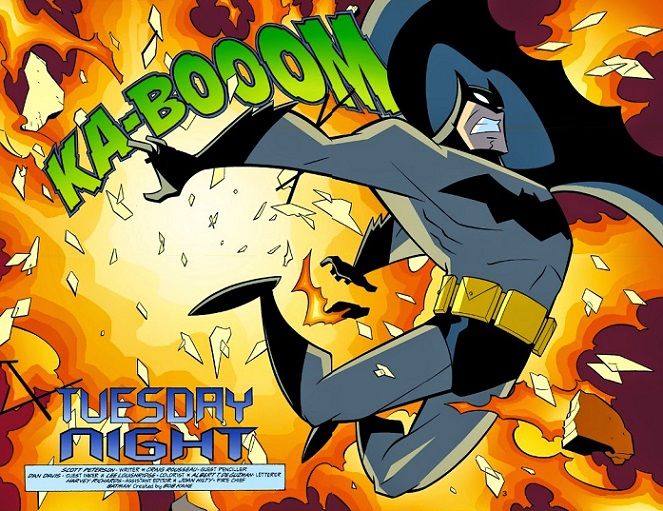
 First Comics News: How did you make your start in comics, what was your first published comic?
First Comics News: How did you make your start in comics, what was your first published comic?
Scott Petterson: I got an internship at DC Comics right out of college. I started in the production department, and after about a month, someone there quit, and they offered me the job. About six months after that, Dennis O’Neil’s assistant editor went freelance. I interviewed and somehow got that job too.
I worked on several issues of Batman and Detective Comics without credit, before my first credited issue came out: Detective Comics #643, written by Peter Milligan, and illustrated by the great Jim Aparo, my favorite Batman artist ever. I was in heaven.
My first comic book as a writer was Showcase ’94 #12, the first Oracle solo story, illustrated by genius Brian Stelfreeze, with colors by master artist Mark Chiarello and a cover by Kelley Jones the great and terrible.
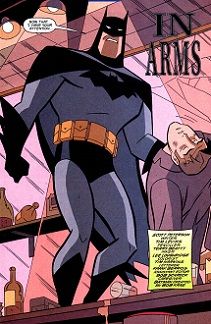
1st: What is the best piece of advice you have for other writers?
Scott: It’s probably pretty close to the top advice most other writers would give: write a lot and read even more. Those are really the only ways to get better. You learn by doing, and by observing what others do right and wrong.
1st: How are Batman and Batgirl different other than the obvious?
Scott: It depends upon which Batgirl. In most cases, there’s a huge skill gap—which is no insult to Batgirl, given that Batman is the greatest in the world as many things, and achieved that due to his singular focus and the fact that he sacrificed any chance of having anything resembling a normal, happy life. Which is why Batgirl, regardless of which one, is much better company, in addition to being crazy skilled and determined herself.
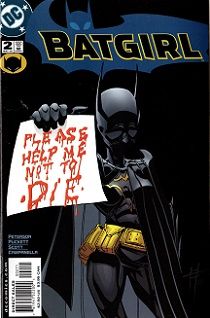
1st: Which Batman villains did you most enjoy writing?
Scott: Probably Bane, I would guess, in part because I think he’s a great and often misunderstood character, and in part because I was one of four people in the room when he was created. I also loved writing Catwoman, because while Batman pretty much always gets the better of Superman in stories, Catwoman pretty much always gets the better of the Batman.
1st: When you wrote “Batman: Gotham Adventures” how did you keep it suitable for young readers?
Scott: You know, I never found that terribly difficult. I took the classic Chuck Jones Looney Tunes cartoons as my model: he created so many brilliant shorts which adults will still find gripping and hilarious, despite having watched them dozens of times, yet which are at least as entrancing for even the youngest of viewers, while (almost) always being entirely appropriate. Sadly, I’m not the genius Chuck was, but one can aspire, no?
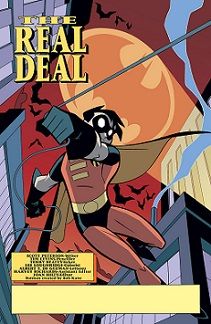
1st: What does as editor of a comic book do?
Scott: That’s a good question. It varies from project to project, and editor to editor. Sometimes you’re largely a manager, making sure deadlines are met and people get paid. Sometimes you figure out the budget and sometimes you get it handed to you—and sometimes there is no budget, and the sky’s the limit. Sometimes the editor comes up with the idea and assembles a creative team to bring that idea to life, and other times the creative team approaches the editor, already a unified unit with a story ready to go. No matter which way the project starts, the editor oversees the script, to make sure it works as a story, that there are no plotholes or legal issues or continuity problems. The editor then oversees each step of the art, from the pencils to the inks to the colors to the letters, checking for quality and continuity. The editor writes the solicitation copy for the issues, commissions a cover, approving a sketch and the final art and the design (and, if any, cover copy). Finally, the editors looks at the proofs from the printer. And after the book is printed, the editor opens it up and sees a handful of things he wishes he’d changed before it went to press.
1st: Which super-hero from DC that you have not written would you most like to?
Scott: I’ve written pretty much all the ones I really love, at least in small cameos and such. But I’d love to take another crack at Wonder Woman.
1st: You have written comics other than for DC which of those ones stand out for you?
Scott: My pal Tim Levins and I did a couple custom comics for a game company a few years back, based on some YouTube videogame stars. I’m not sure how many people saw those comics, whether it was dozens or thousands, but to my surprise, I found them to be two of the most enjoyable books I’ve ever worked on, in no small part because Tim’s a genius.
Either that or my upcoming graphic novel, which is more than twice as long as any other story I’ve ever written; the freedom was initially terrifying, but after a while, it was intoxicating and delightful.
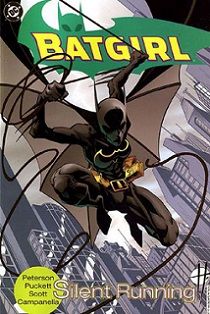
1st: Who has influenced your comics career the most?
Scott: I’d have to say Dennis O’Neil. I used to work with a wonderful artist named David Hahn, who once observed that I apparently rarely go more than ten minutes without mentioning Denny. What can I say? He and Alan Moore were my two favorite writers before I got into the industry, and then I had a chance to work directly with him and learn everything I could for seven years and I’m grateful for that amazing opportunity every single day.
1st: What are you currently working on?
Scott: I’ve got a miniseries I’m doing Kelley Jones and a graphic novel that’s coming out in 2019 from FirstSecond Books.
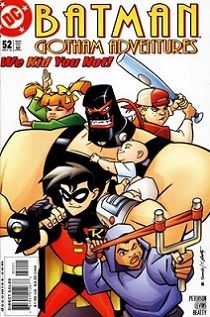
1st: Who would win in a battle Batman or Superman?
Scott: Well, it depends on the circumstances…but Batman.
1st: If you woke up one morning and found out you were Batman what would you do?
Scott: Miss my wife and kids terribly.
And then go for a spin in the Batmobile at insane speeds.
1st: What do you have to say to your fans?
Scott: Thanks for buying my stuff, buy a few extra copies for your friends and family, and make sure you floss regularly.
